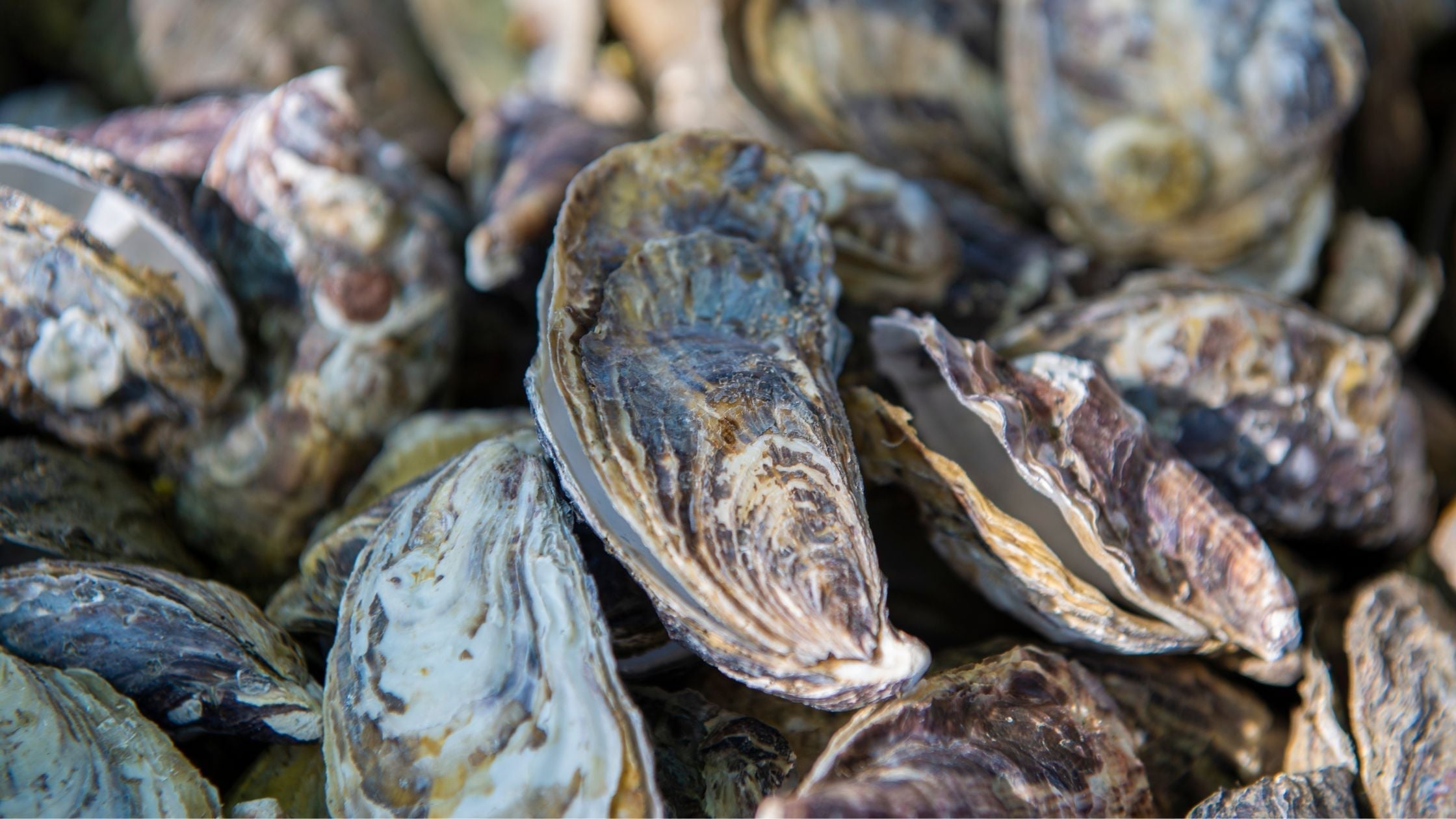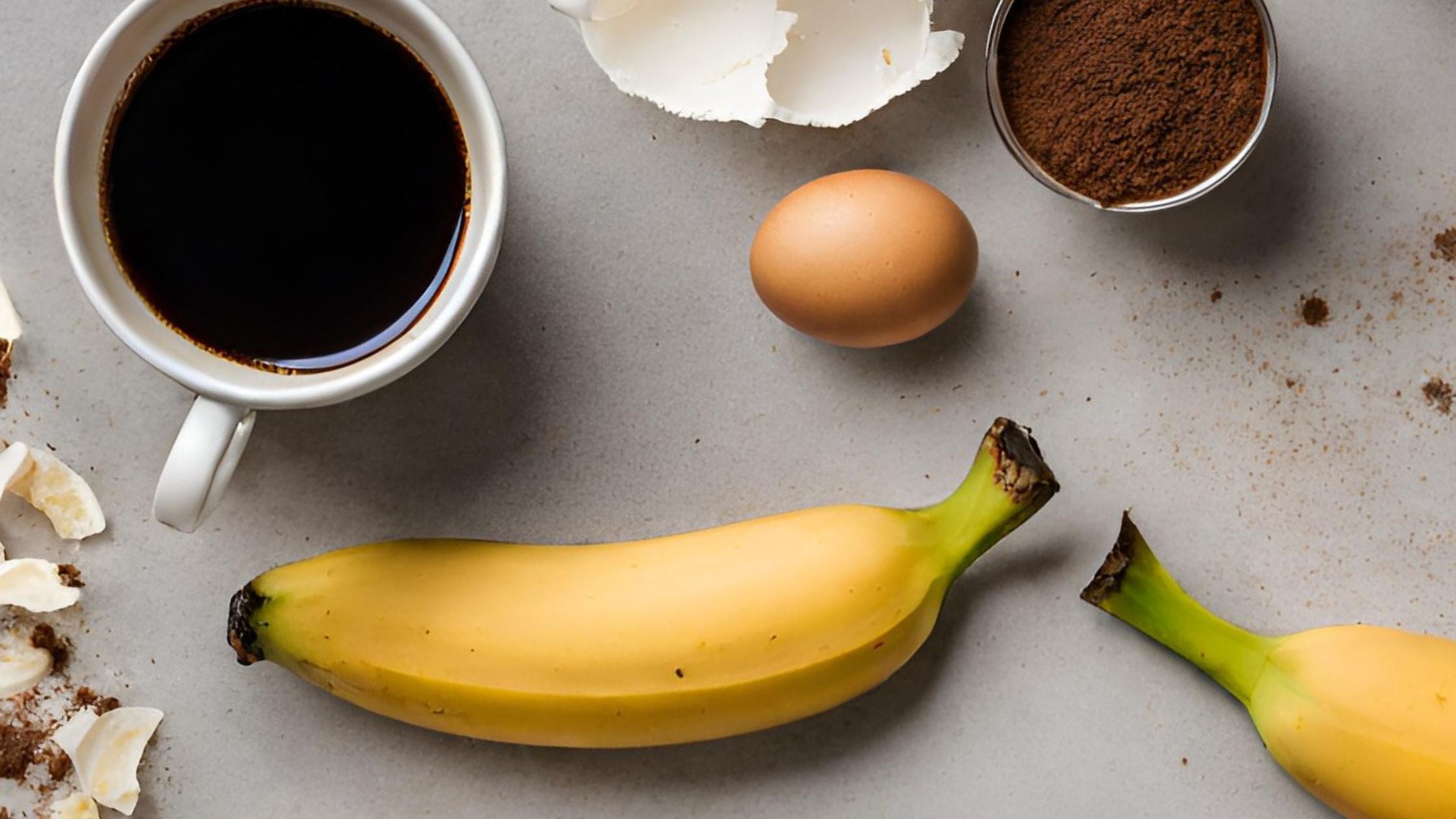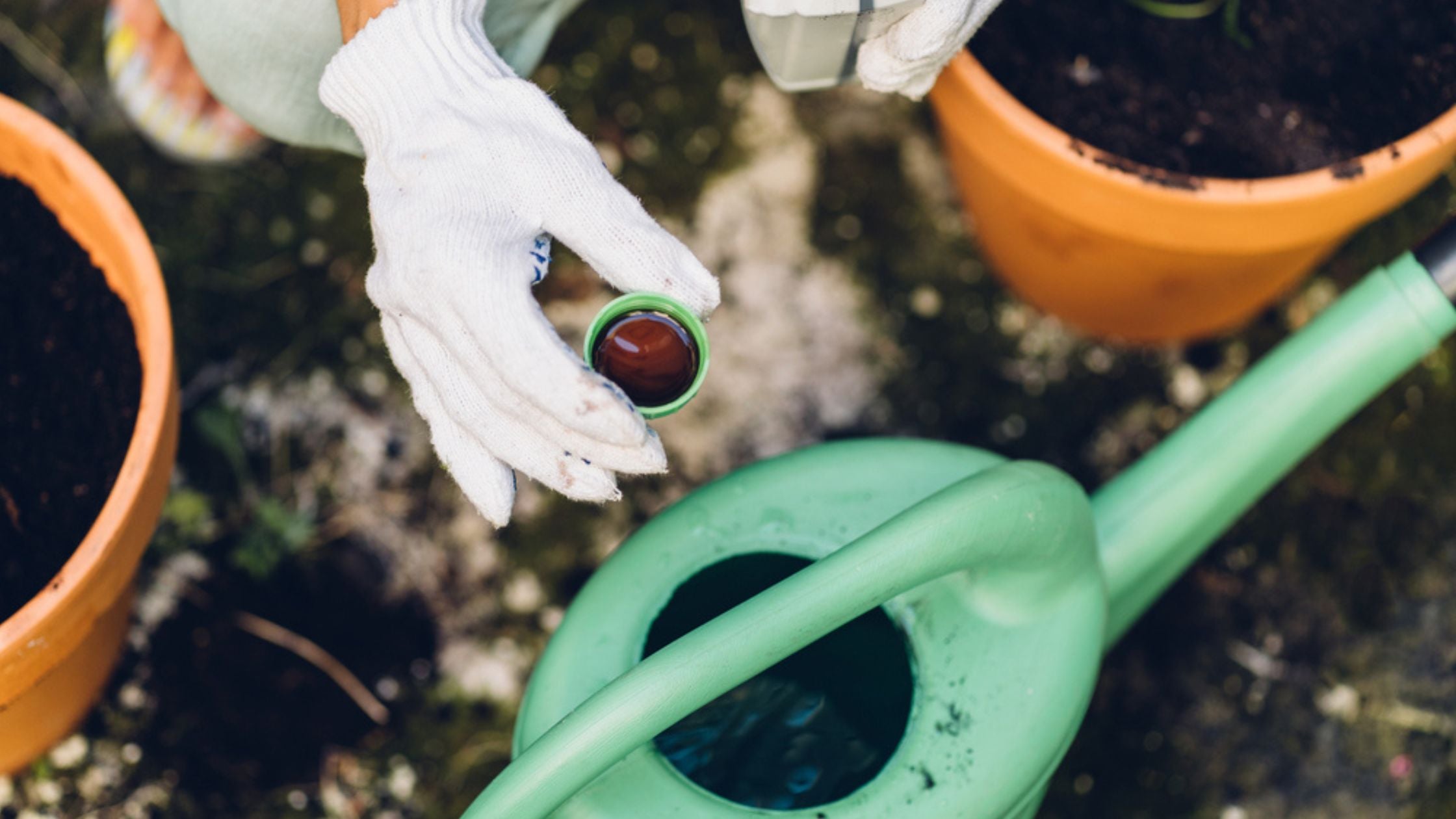
Oyster Shell Flour for Soil
Crushed oyster shell is an underrated soil supplement with multiple benefits for soil and plant health. As organic gardening gains popularity, this natural conditioner is starting to be favored over synthetic options.
What's inside oyster shells?
Oyster shells are made from protein polysaccharides, 95 percent calcium carbonate (chalk), and smaller amounts of magnesium, sodium, copper iron, nickel, and strontium.
Horticultural oyster shells can be sourced from the shells of any species in the mollusk family Ostreoidea. Whelks, a type of sea snail, have shells with a similar mineral profile.
Oyster shell flour for plants
Oyster shells' calcium content makes them so valuable for the gardener. Calcium-enriched soils encourage better root development, which ultimately leads to a bigger, healthier-looking plant.
Calcium is an alkali substance that can be used to increase soil pH. While some acid-loving houseplants (like azaleas, African violets, and Begonia) appreciate low-pH soil and shouldn't be given oyster shells, many others need an alkaline environment. Alkaline soils tend to contain more beneficial soil bacteria, which turn nutrients like nitrogen, phosphates, and potassium into forms the plants more readily take up.
If your plant isn't doing well, the soil environment may be to its liking. You can buy simple pH meters to easily measure the alkalinity or acidity of your soil. Low numbers (anything below 5) indicate acidity, while higher numbers indicate alkalinity.
If your soil is too acidic for your potted plants, this is very easy to fix. It's simply a matter of mixing up a new potting medium with alkaline elements to rebalance the pH. Many gardeners add powdered Dolomitic lime (a mined mineral) to alkalinize soil, but this substance can cause skin and respiratory problems. Dolomitic lime also contains much more magnesium than oyster shells, which can add unnecessary minerals to soil that is already well-fertilized.
Oyster shell is an equally effective alkaline agent but is less concentrated and works more slowly, reducing the risk of overloading your soil. Mix 1-2 tablespoons of oyster shell per gallon of soil. Calcium carbonate is one of the most stable minerals, meaning it will stick around in your soil for a long time, and you won't need to top up constantly.
Can I use crushed oyster shell as fertilizer?
Oyster shells contain minerals that plants need in minimal amounts, like magnesium and copper. These are known as plant micronutrients. However, oyster shell cannot replace plant fertilizer because it lacks nitrogen, potassium, and phosphorus—the three minerals that plants need in the greatest amounts. You can use oyster shell in conjunction with plant fertilizers, however, as it helps your plants take up nutrients like nitrate better.
Sustainable gardeners will appreciate the fact that oyster shells are highly renewable materials. In fact, most farmed crustaceans bring net positive environmental benefits. Oyster shells are also cheap since they are sourced as a by-product from the seafood industry. You can buy in bulk and store them for as long as you like. If you need smaller amounts, check your local pet shop. They normally sell small bags of the stuff as a food supplement for caged birds.
Making oyster shell flour at home
For those who eat oysters and other crustaceans regularly at home, save any shucked shells to make your own shell-based soil conditioner.
- Bake the shells in the oven first to sterilize them and make them more brittle.
- Place the baked shells in a bag and smash them with a rolling pin or similar device until they are fine pieces.
- Use a coffee grinder, food processor, or blender, and grind into the consistency of flour.
Where to get oyster shell flour
Don't feel like saving shells, baking them, and grinding them? Give your houseplants and garden all the benefits of oyster shells with Southside Plants finely ground horticultural oyster shell flour.



Leave a comment
This site is protected by hCaptcha and the hCaptcha Privacy Policy and Terms of Service apply.